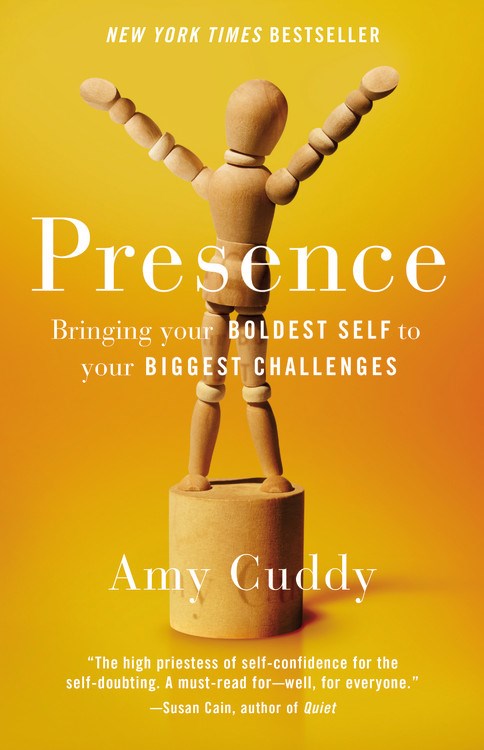Jack Covert Selects – Obliquity
Obliquity. It's a peculiar name for a book, and the title may in fact drive a number of potential readers (like me) to their dictionaries. To get my head around the concept as I read, I imagined one of those boxes used to view an eclipse indirectly so as not to burn the viewer's retina. John Kay's Obliquity contains a plentitude of stories addressing the irony that, like viewing the natural phenomenon of an eclipse, the path to happiness is indirect. On one hand, setting lofty goals (staring into the sun) usually results in grandiose failure (getting burned). However, Kay contends that while points of struggle are often seen as anti-goal, success actually comes about because of those failure situations.
Mountaineering is one of the examples Kay uses to illustrate his thesis:
Mountaineers ... do not say that being cold, starved of oxygen and at frequent risk of injury or death makes them happy. They confirm the commonplace assumption that such experiences are unpleasant. But the experience of having accomplished a difficult climb makes them immensely happy. They are not contradicting themselves, because happiness is not simply the aggregate of happy moments.Parenthood is another example that perhaps more of us can sympathize with:
Anyone who has ever changed a diaper, or failed to quiet a childish tantrum, will recognize that looking after children is an oblique route to happiness.This same deduction can be made through various business scenarios. Leaders want more market share; managers want more profits; employees want ideal work environments and top-notch pay. Yet to ask for those things is similar to the desire for "pain-free living on a tropical island"—unlikely to happen. Instead, according to Kay, we may achieve many of our loftier goals only by focusing on smaller specifics that indirectly lead us to the big prize.
In essence, Obliquity is a book of hope, a way of understanding our dips when they occur, and a reminder that keeping our eyes on what's important should involve being open to the myriad ways we might arrive there.

